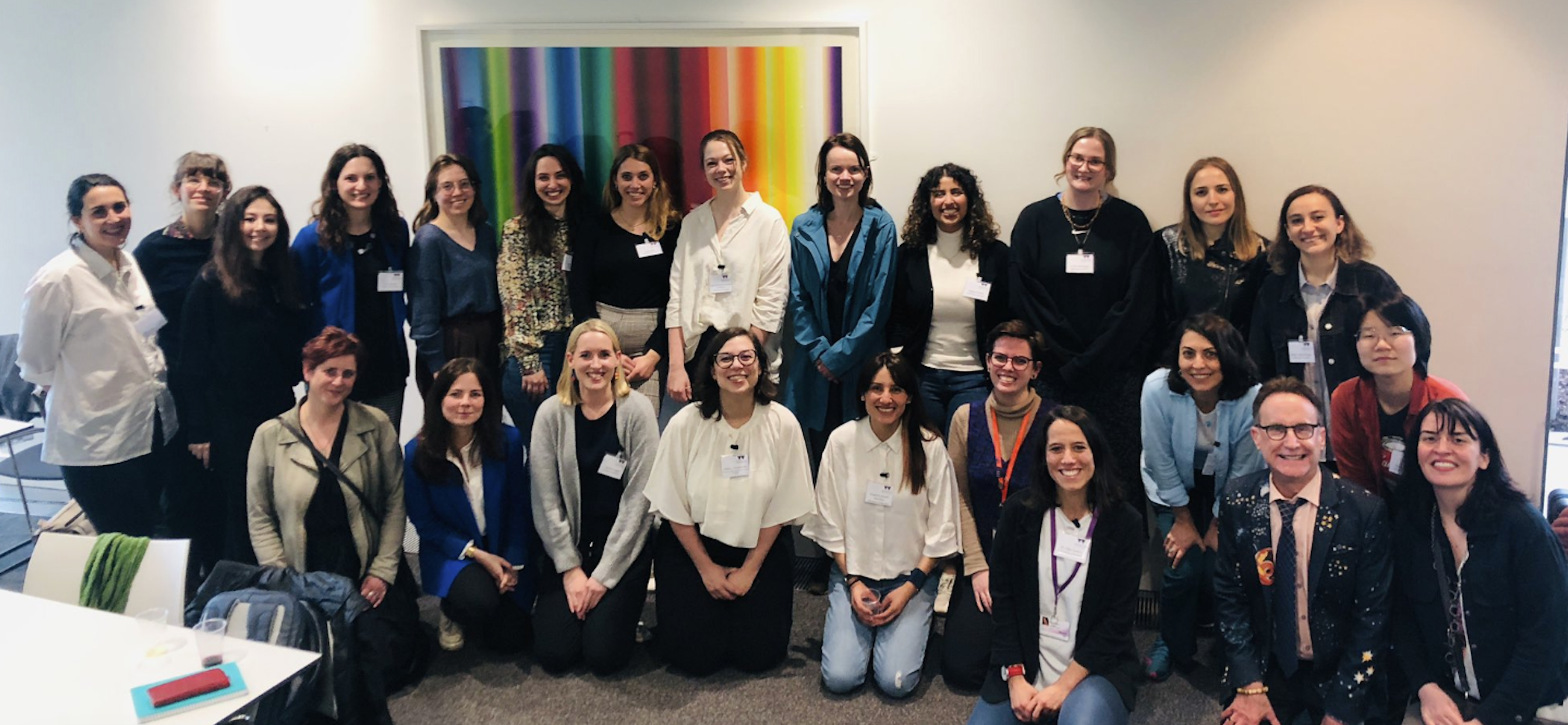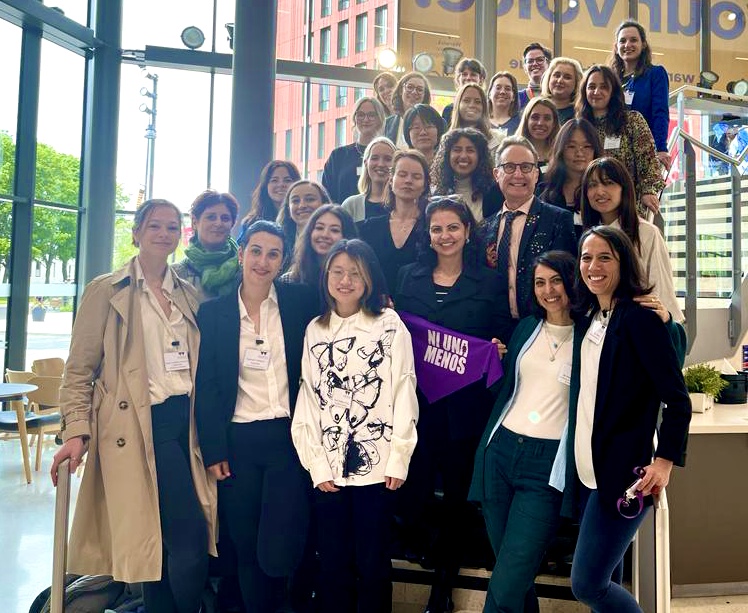Warwick School of Feminist Translation
CALL FOR PARTICIPANTS
Warwick School of Feminist Translation: Interdisciplinary Perspectives
Overview of the Warwick School of Feminist Translation
Date: 11-12 May 2023
School of Modern Languages and Cultures, Faculty of Arts, University of Warwick, UK
Organisers: Dr Olga Castro & Dr Emek Ergun
Programme & Coverage
The full programme can be checked out here.
For more information, pictures of the event and coverage on social media, see this collection on Wakelet.

Rationale, Structure and Guest Speakers
Feminist translation has experienced an unprecedented growth in the last decade, both as a theoretical area of research within translation studies and feminist studies and as an emancipatory activity carried out by translation practitioners and feminist activists. On the one hand, this growth is evidenced by the increasing number of publications, academic dissertations, research projects, conferences and events that have discussed feminist translation theories and practices around the world. Initially considered a subfield of translation studies, there is now growing interest in feminist translation studies as an interdisciplinary field of study. Transnational feminist scholars particularly have become interested in the study of translation, seeing it as a crucial tool to enable cross-border alliances and challenge prevailing hegemonies, most especially in today’s global world defined by neoliberal values. On the other, the greater number of self-claimed feminist, gender-conscious and queer translations carried out across a wide range of languages and genres with ideologically diverse motives and missions also demonstrate the growth of feminist translation as an activist practice of resistance and social change.
Given the increasing interest in feminist translation as a thematic focus, theoretical framework or interdisciplinary methodology in academic research, the Warwick School of Feminist Translation aims to create a platform for advanced students and early career scholars to become familiar with new intersectional perspectives on the politics of feminist translation and have the opportunity to exchange ideas with peers and scholars. Considering the existing gap between research carried out “in” translation studies from feminist perspectives and research carried out “in” feminist studies focusing on translation, the Warwick School of Feminist Translation will encourage more interdisciplinary conversations in feminist, gender and queer translation studies by hosting scholars from different academic backgrounds.
The Warwick School of Feminist Translation brought together four academics who have various kinds of interdisciplinary expertise on the feminist, queer and decolonial politics of translation: Prof Maud Bracke (Modern European History, University of Glasgow), Dr Olga Castro (Translation and Transcultural Studies, University of Warwick), Dr Emek Ergun (Women’s and Gender Studies and Global Studies, University of North Carolina at Charlotte) and Prof William J Spurlin (English and Creative Writing, Brunel University London). The speakers did not only give talks on their particular research topics, but also provided feedback to participants on their research projects related to feminist translation. For more information about their talks and bios, click hereLink opens in a new window.
The main participants were advanced PG students and early-career scholars working on research projects that combined translation studies with feminist, queer and/or decolonial studies. The event created space for formal and informal interaction with participants. The four seminars offered by the speakers were followed by four feedback sessions led by them, where the selected participants had the opportunity to briefly present their research topics and ask the speakers specific questions. Dr Luciana Carvalho Fonseca (University of São Paulo) also joined the speakers as an expert in translation and interpresting studies, to lead the fifth group of students. Throughout the two-day event there were plenty of opportunities for socialising.
Feedback Sessions. Selected participants sent short research statements and a list of questions they particularly needed help with before the event. The organisers brought these research statements/questions together and prepared an electronic package that also included specific readings, and participants came prepared to the Warwick School of Feminist Translation.
- A Focused Feedback Session was scheduled, in which each of the 5 experts were in a separate room with their 5 assigned participants. Each participant did a brief presentation of their research, followed by a discussion of their work, during which they received feedback both from the speaker leading the session and the other participants in the room.
- A final Collective Feedback and Networking Session was also scheduled, in which all participants could further chat with any of the experts and any participants about any questions that have not been covered in the previous Focused Feedback Session. There were also opportunities for networking.
Application and Registration Fee
Those advanced PG students and early-career scholars interested in attending the Warwick School of Feminist Translation had to prepare an application with the following documents in one single file (pdf, Word or equivalent), with maximum 4 pages as follows, including: A brief CV (maximum two pages); A cover letter explaining why the summer school would be beneficial for their research (maximum one page); A research statement of their research project, including (a) title, (b) research questions and/or objectives and (c) short abstract (maximum one page).
A total of 25 applicants were selected. The registration fee was GBP 25 and it covered lunch, coffee breaks and a wine reception.
The University of Warwick is a campus university located south-west of Coventry city centre, in England, Great Britain. For more information: https://warwick.ac.uk/about/visiting/
Programme and more information
The full programme can be checked out here.
For more information, pictures of the event and coverage on social media, see this collection on Wakelet.

